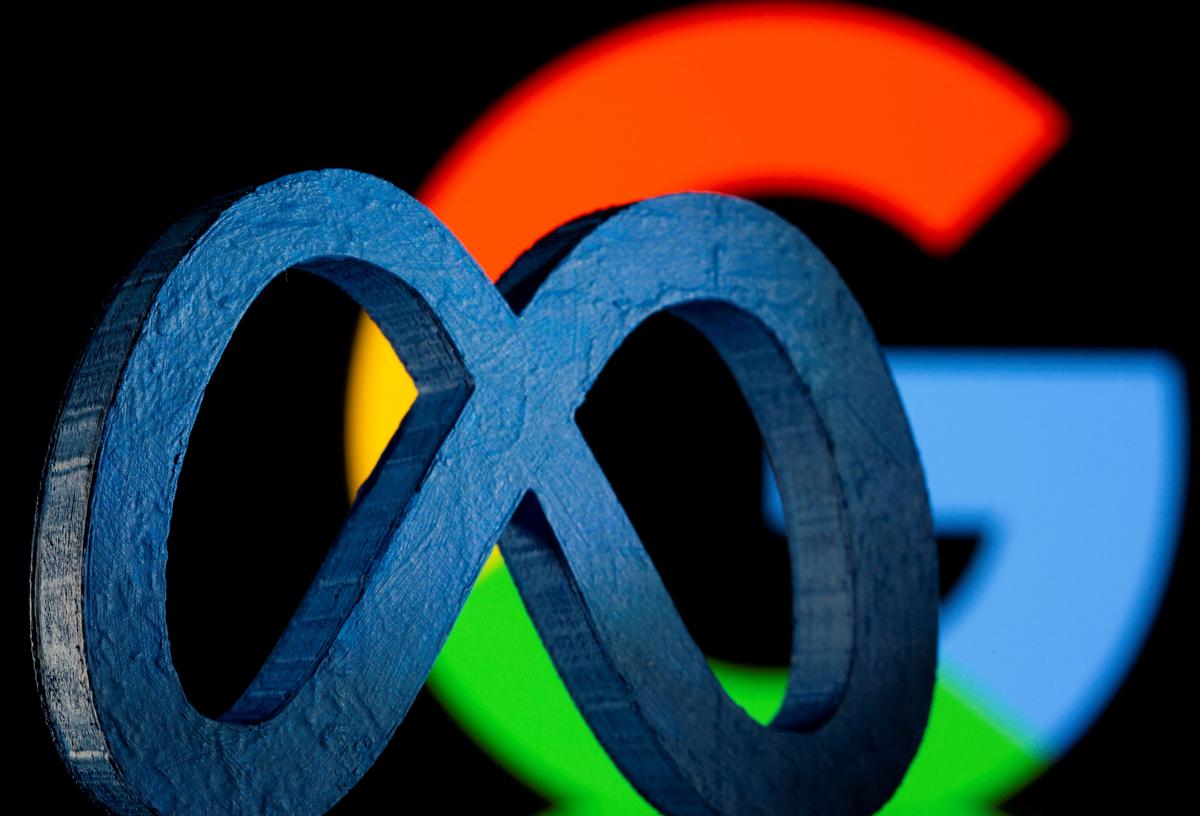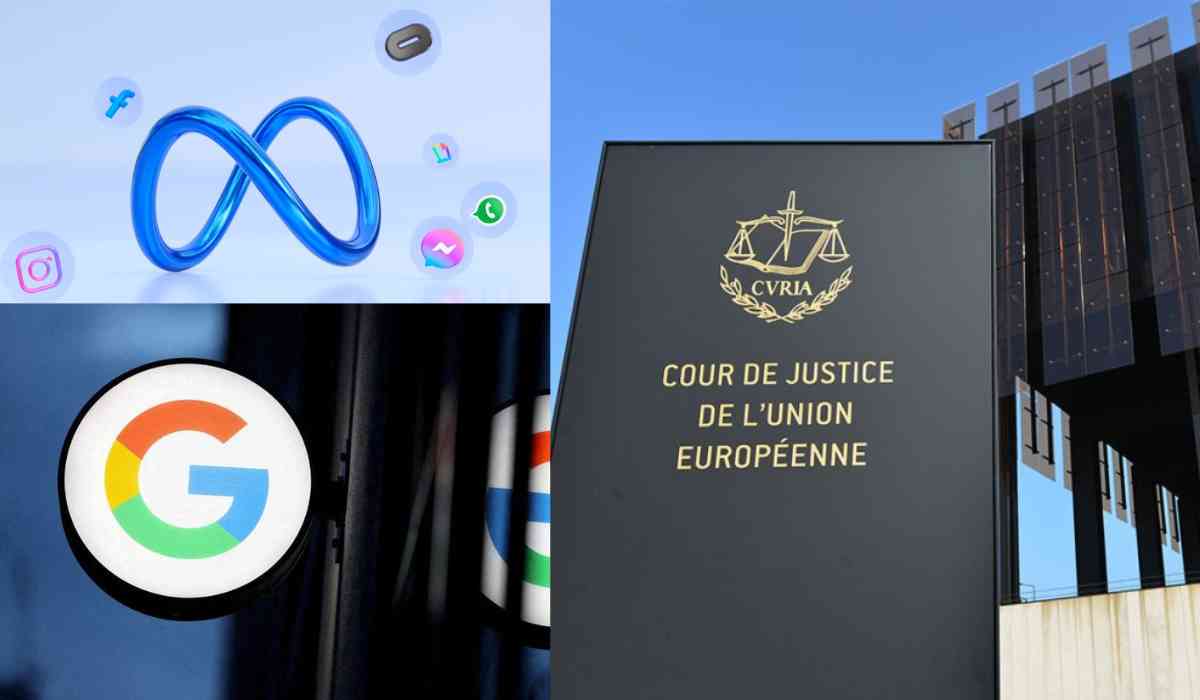On Thursday, November 9, Alphabet's Google, Meta Platforms, and TikTok in their battle against an Austrian law requiring them to remove hate speech or face fines of up to $10.69 million received support from the highest court of the EU. The supreme court of the European Union decided in the tech companies' favour, declaring that the Austrian law is in violation of EU laws.
In an Austrian court, Google, Meta, and TikTok contested the Austrian law on the grounds that it violates an EU regulation that states online service providers are only governed by the laws of the nation in which they are headquartered and are not required to apply the laws of the countries in which they offer services.

Photo: Reuters
Amid growing global concerns about hateful posts, the Austrian law was passed in 2021 and requires Big Tech to regularly report content that is illegal.
Large online platforms are required to take more action to combat unlawful and harmful online content, or face fines of up to 6% of their annual turnover, under new regulations recently adopted by the European Union under the name Digital Services Act (DSA).
The three businesses have their European headquarters located in Ireland, thus arguing that they should only be governed by Irish laws. The Court of Justice of the European Union (CJEU), which sided with the companies, was consulted by the Austrian court later on.
The Court of Justice of the European Union (CJEU) ruled in favour of Google, Meta, and TikTok, holding that it was illegal under EU law to impose general and abstract obligations on communication platform providers that were founded in a single EU member state. In order to guarantee the free flow of information society services, the CJEU highlighted the importance of maintaining control in the member state where the service was first provided.
A member state may not subject a communication platform provider established in another member state to general and abstract obligation," said the judges. "Such a national approach is contrary to EU law, which ensures the free movement of information society services through the principle of control in the Member State of origin of the service concerned," they claimed.
"We applaud the decision made today, which highlights the significance of the EU's country of origin principle. "We will review the ruling and keep making investments in our users' safety and trust across all of our platforms", A Google representative stated by welcoming the decision of CJEU.
The CJEU's decision will have a big impact on how hate speech laws are enforced as well as how governments and tech companies balance power. It emphasises the significance of striking a balance between the right to free speech and the obligation to stop harmful content, as well as the necessity of uniform regulation throughout EU member states.
© Copyright 2023. All Rights Reserved Powered by Vygr Media.






















